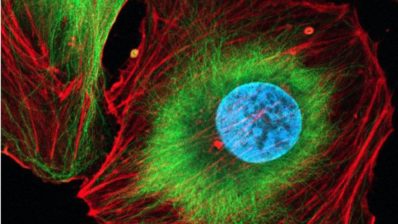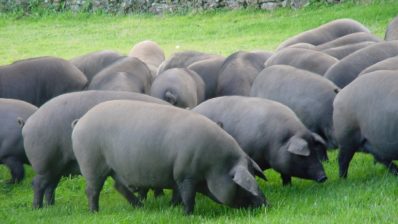Two recent studies coming out of the CNAG-Centre for Genomic Regulation (CRG) have given the research community tools to improve genomic analyses.
A paper from Ivo Gut’s group describes a method that helps assess the quality of genomic sequence data. By looking at five parameters it can rate the data according to their quality. This allows to discard low quality results, which if used could lead to false conclusions or mask relevant results.
This method will prove very useful for the several ongoing international initiatives where many institutions in different countries are trying to sequence thousands of genomes, which will need to be analysed together.
“Spot the difference”
Another article, this time from Martí-Renom’s laboratory, describes a new algorithm to compare the 3D organisation of different genomes, for example from two different species, to identify areas with conserved 3D structure, or from healthy individuals and cancer patients. Using structural similarity analysis, the algorithm can identify which regions are packaged differently in the cancer patient, to help identify what might have gone wrong.
The tool, called CHESS (Comparison of Hi-C Experiments using Structural Similarity), can not only say whether a genome is different than the reference one, but also how much different it is, by assigning it a numerical value. It can also highlight differences which the human eye cannot detect at all.
“Our algorithm can prove very useful to analyse cancer genomes, since a lot of them – as well as other diseases – present chromosome rearrangements where parts of a chromosome break and reattach elsewhere, changing the 3D structure“, says Silvia Galan, one of the first co-authors of the study and a student at the CNAG. This study was done in collaboration with the Developmental and Regulatory Genomics group at the MRC LMS and the Max Planck Institute for Molecular Biomedicine in Germany.
Justin P. Whalley et al. Framework for quality assessment of whole genome cancer sequences. Nature Communications, Volume 11, Article number: 5040 (2020)
Silvia Galan et al. CHESS enables quantitative comparison of chromatin contact data and automatic feature extraction. Nature Genetics Volume 52, pages1247–1255(2020)






